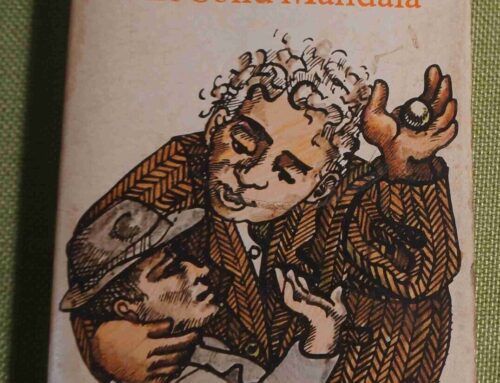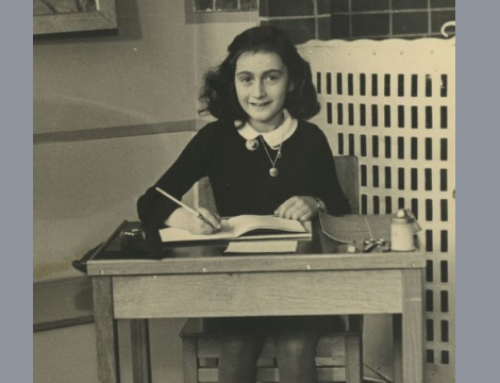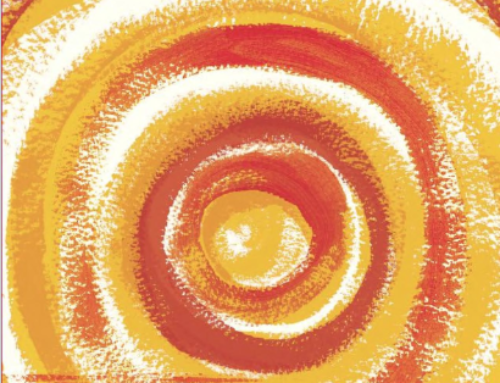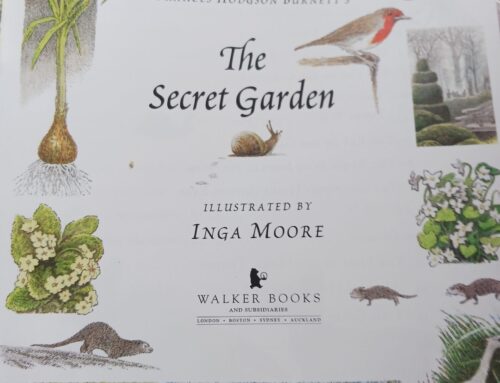Two civilisations that are alike but different encounter each other in this winter world, where light and darkness, like lovers, are bound together.
Ursula K le Guin’s 1969 story, The Left Hand of Darkness, is one of a series of science fiction novels about civilizations of human beings on planets orbiting a number of nearby stars, including Terra (Earth), which are contacting each other for the first time and establishing diplomatic relations, and setting up a confederacy under the guidance of the oldest of the human worlds, peaceful Hain.
This is a very personal story about Genly Ai, the lone emissary to Winter, an alien world whose inhabitants are human and familiar in many respects, except they can choose and change their gender. Genly’s goal is to persuade Winter to become a member of the growing intergalactic civilisation. The story starts with the premise that Truth is a matter of the imagination: “facts are no more solid, coherent, round, and real than pearls are. Both are sensitive.”
I first began to read this story when I was in labour with my son, my fourth child, born of a second marriage when I was 40. He very nearly didn’t make it into this world alive; his life was hanging by a thread when the doctor did a deep forceps delivery and he and assistants helped him to breathe. So The Left Hand has always had a special meaning for me and stayed in my mind. This is my third reading of it, and I am sure I will read it again.
What most grips me when I read it is the long shared journey of Genly Ai and Therem Harth rem ir Estraven, “one of the most powerful men in the country”, the equivalent of a prime minister or a councillor, known in the local language by a word meaning the King’s Ear. By the time he and Genly are on their long trek across the Ice, he has fallen from the treacherous grace of the King of Karhide and crossed into the neighbouring country, Orgareyn, as has Genly, separately. Genly has been arrested by the secret police of Orgareyn and confined to a prison camp. He is gradually dying there, poisoned by the drugs given him to suppress his hormones and to force him to tell the truth about his reasons for being there. In Winter, because he is perpetually heterosexual, compared to the ambisexual natives who go ‘on heat’ or ‘Kemmer’ once a month, he is regarded as a pervert and therefore dangerous, and his mission of persuading the natives to join the confederacy a disguise for the confederacy’s plan to colonise the planet. Estraven rescues him by disguising his identity as a prison guard.
Intelligent as he is in many ways, Genly is ignorant of the ways that the natives think and communicate, and makes many mistakes in his negotiations with the rulers and bureaucracies and not least with Estraven, until he comes to know him in extremis. He wakes from sleep after his rescue, and sees Estraven lying near him in a tent, “inside a warm cone of warmth.”
I saw him now defenseless and half-naked in a colder light, and for the first time I saw him as he was.
Estraven explains his escape plan, which involves a winter journey across an uninhabitable glacier, which he calculates is an 800-mile trip, by ski, hauling a sledge. The journey gets harder the further in to the Ice they get. They traverse an ice-path between two volcanoes.
Cinders and ash now fall with the snow, and the ice is thick with clinkers on it or sunk in it… Two or three times volcanic projectiles hit the ice quite near us. They hiss loudly as they strike, and burn themselves a socket in the ice. Cinders patter, falling with the snow. We creep infinitesimally northward through the dirty chaos of a wold in the process of making itself.
Praise then Creation unfinished!
The two, now friends, hearth-brothers, discuss their singular, isolated beings, “equals at last, equal, alien, alone.” Estraven speaks of the mystical religion of Karhide, the Handdara, which resembles Taoism. Estraven quotes:
Light is the left hand of darkness
And darkness the right hand of light.
Two are one, life and death, lying
Together like lovers in kemmer,
Like hands joined together,
like the end and the way.
This is one of the many things I love about this story… the mystical, unanswerable mysteries of life and death and love, what it means to be human and different from the norm, how identity is formed, all against the impossible terrain of this winter world and the flight of two brothers, both light and darkness, in their fragile companionship, towards an ambiguous ending, where desertion becomes an act of sacrifice and loss is incalculable, as brittle and immeasurable as truth.




